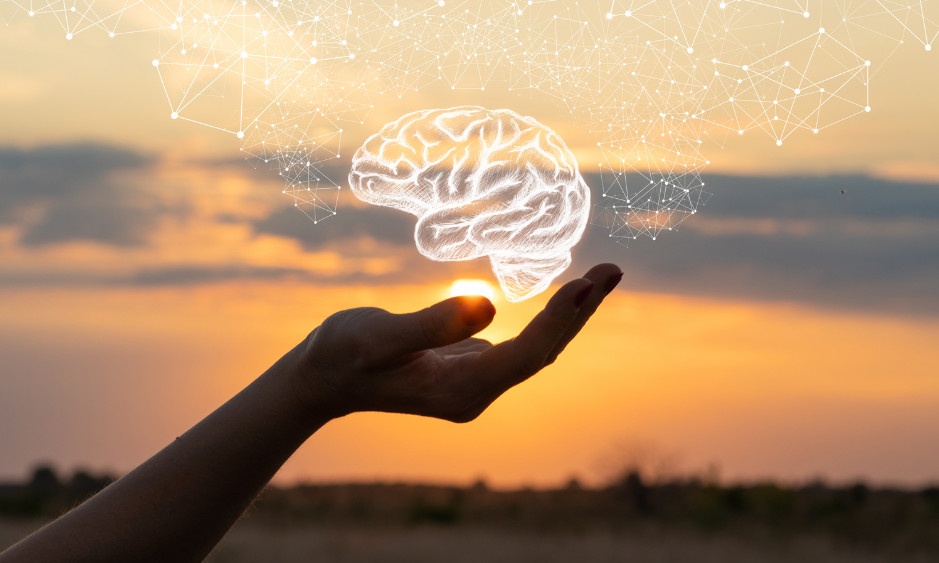Healing And The Brain
Resources & training from leading therapists and researchers
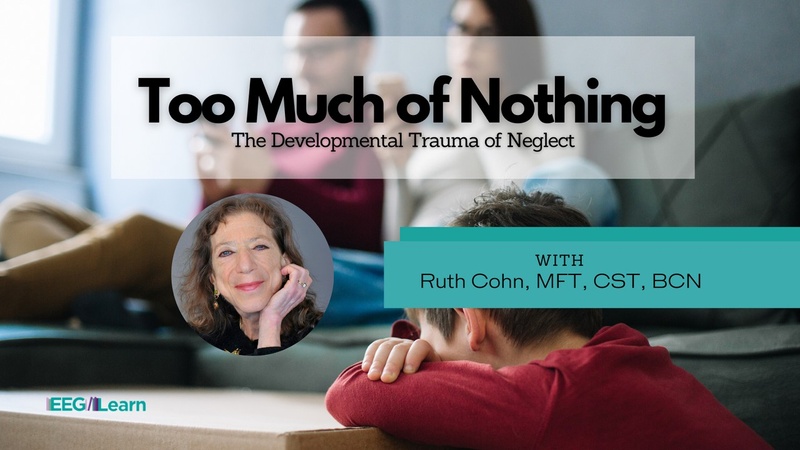
The Developmental Trauma of Neglect: Working With the Dysregulation of Early Attachment Wounds
The course will mirror the trajectory of my own study of neglect. Beginning with observations, patterns and hypotheses over many years; case illustra-tions of what I increasingly saw, including despair, “failure” and disillu-sionment with prior therapies; neuroiscience and knowledge about brain mechanisms; adding neurofeedback to treatment, including case material; a discussion with the experts, Sebern Fisher and Ruth Lanius about neurosci-ence and neurofeedback with our best experts, including their responses and corroboration (or not) of hypotheses; protocols, and attendee questions and comments.
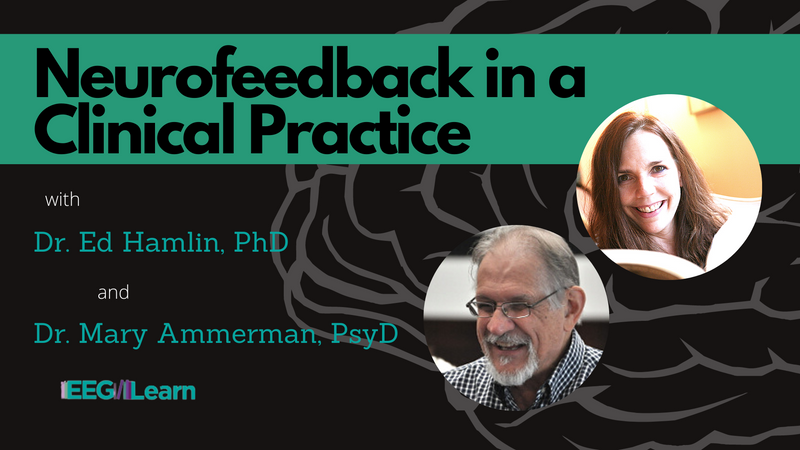
This introductory training course presents a comprehensive approach to clinical neurofeedback (EEG biofeedback). Through didactic presentations and hands-on training over the four days, students will learn the practical and therapeutic skills necessary to begin using this powerful modality. Neurofeedback systems are provided for practice by attendees.
Upon completion of the course, attendees will have gained a clear overview of the capabilities of the neurofeedback process, how to evaluate clients with respect to its possible use, how to choose an appropriate neurofeedback protocol and implement it on computerized instrumentation, and how the process might be used in their individual practices. We recommend additional courses and clinical mentoring following this introductory course.
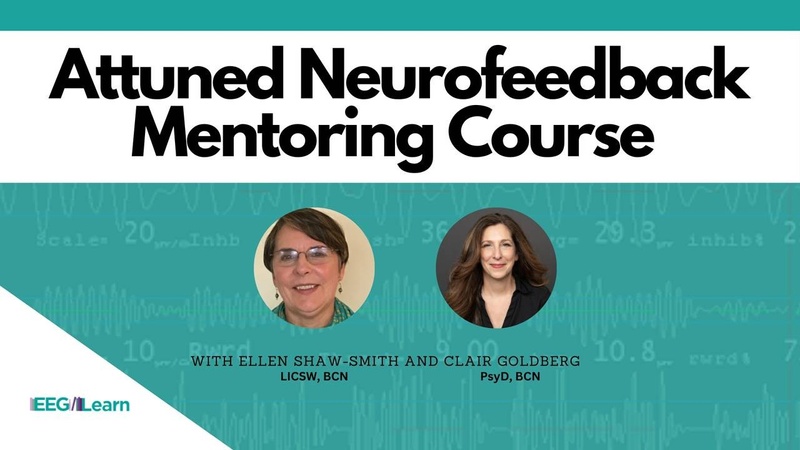
Our Attuned Neurofeedback Mentoring Course offers structured mentoring support for clinicians serving the general population as well as for those working with trauma and people with more sensitive nervous systems. This 10 week program is for those providing neurofeedback within a therapeutic frame who would benefit from integrating the foundational arousal model of neurofeedback with emerging, evidence-based practice for a full range of clients.
Led by experienced clinicians Dr. Clair Goldberg, PsyD, BCN, and Ellen Shaw-Smith, LICSW, BCN, with over three decades of combined neurofeedback success, the Attuned Neurofeedback Mentoring Course will help strengthen your practice skills in assessment, protocol design and adjustment, and the integration of change within the frame of your clients’ therapeutic goals.
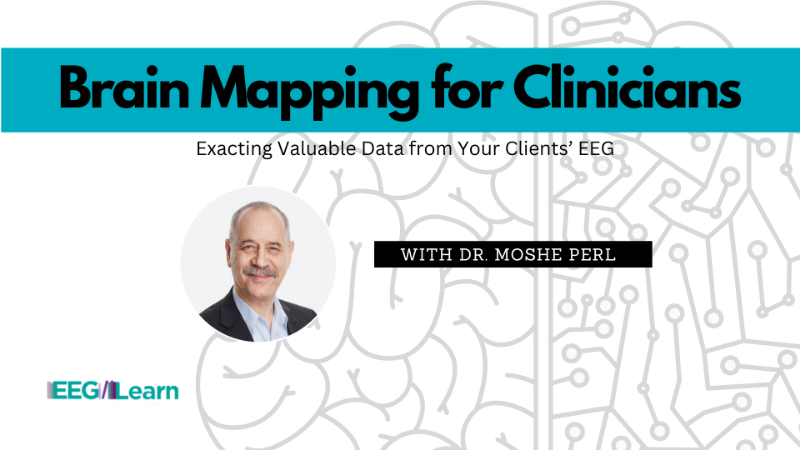
Most neurofeedback systems, EEGer in particular, have the capability of providing EEG information quickly and easily. In this course you will learn how you can produce that information using the EEGer system. You will learn about EEG patterns, symptoms and behaviors that are often associated with them, and ideas on possible starting points for neurofeedback training, taking EEG into account. Participants will learn why this information is valuable, how to acquire it, and how to analyze it. This analysis will form the basis of a discussion of the implications of EEG data for neurofeedback training.
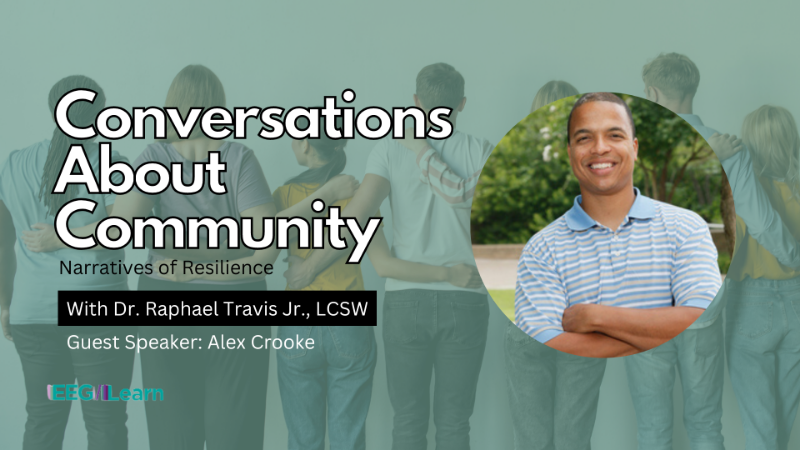
In music, especially Hip Hop, resilience narratives include “the story about the problem to overcome, or what was overcome.” It is the personal struggle, the handling of business, and the reflexivity about “how” you cope/coped (i.e., recognizing the existence of both low-risk and high-risk coping). At the same time, these stories can be a validation of the inequities and injustices within people’s social environments often directly contributing to the problems, struggles, and adversities. Thus, these stories are simultaneously about community resilience; they are often “collective” narratives about population-level coping with historical traumas, threats, and marginalization.
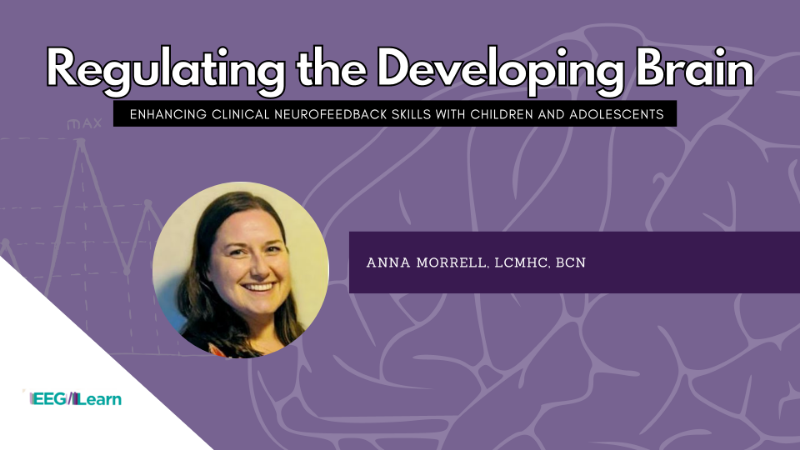
This course will focus on skills related to neurofeedback assessment, recognizing EEG patterns, cultivating intention, sensory modulation, and expressive arts psychotherapy in neurofeedback sessions. We will illustrate how this approach works through case vignettes, highlighting how to integrate psychotherapy and neurofeedback within each weekly topic. Topics will include the impact of the pandemic and social isolation, social media, developmental trauma and attachment, and the special issues of transitional aged youth.
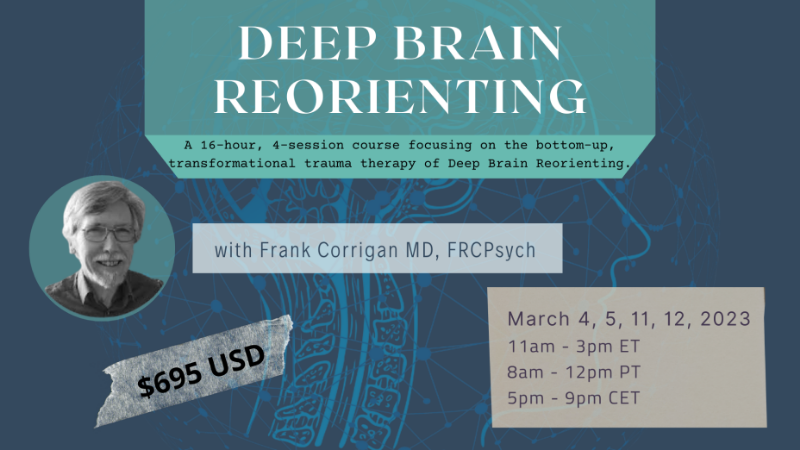
Deep Brain Reorienting (DBR) is a scientifically-based transformational therapy relying on the human brain having an inherent ability to find healing from emotional trauma. The memory of the initiating event is approached by accessing the core of the traumatic experience in the original physiological sequence in the brainstem, giving an anchor in the part of the memory sequence that occurred before the shock or emotional overwhelm that is leading to the continuing symptoms. Deepening awareness into this orienting tension provides an anchor for grounding in the present so that the mind is neither swept away by the high intensity emotions, nor diverted into a compartment holding a self-state frozen in time in which contact with the present is lost.
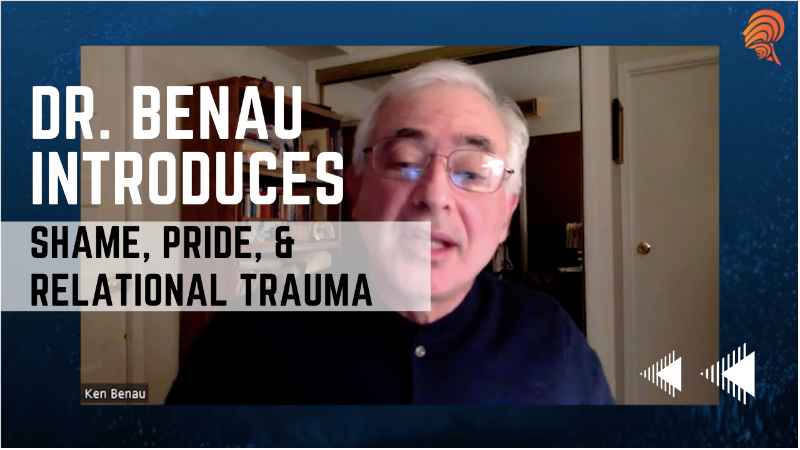
Chronic shame lies at the heart of most psychological suffering, particularly in survivors of relational trauma (RT), that includes abuse, neglect, and pervasive attachment wounds. While most trauma therapists intuitively know this to be true, they often haven't learned how best to understand traumatic shame nor how to transform these painfully intransigent mind/body states. Pride is hardly discussed at all in the literature, particularly with regard to its beneficial role in psychotherapy with RT survivors. Using verbatim, psychotherapy session transcripts, this course shows therapists how to help RT survivors "go beyond" alleviating shame states and enhancing adaptive pride to more fully embody their aliveness, what I term "pro-being pride", in which their unique ways of being and relating are celebrated within, with others, and in the world.

This course is a practical introduction to all the things you need to know to successfully provide home-use neurofeedback with your clients. The course includes how-to technology videos and articles, forms for clinicians and clients, including an informed consent form. Of the utmost importance, attendees will also learn of the legal and ethical considerations of Home Use for mental health professionals.
Licensed mental health clinicians already using EEGer in their practice stand to gain the most out of the course, though this course will be valuable for any provider who currently uses neurofeedback and is looking to expand into home use with new and current clients. This course is not appropriate for home use clients/patients. Join us and expand the reach of your practice and the benefits of neurofeedback to your community!
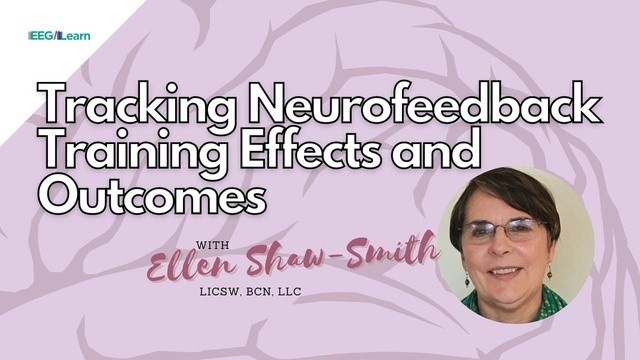
Tracking Neurofeedback Training Effects and Outcomes - Parts 1 & 2
Join these conversations on demystifying the body’s response to neurofeedback training. Increase your ability to identify concrete training responses while growing your ability to modify neurofeedback protocols for improved client outcomes.
Beginning and intermediate neurofeedback providers interested in expanding their ability to hear and follow the brain’s response to each neurofeedback training session.
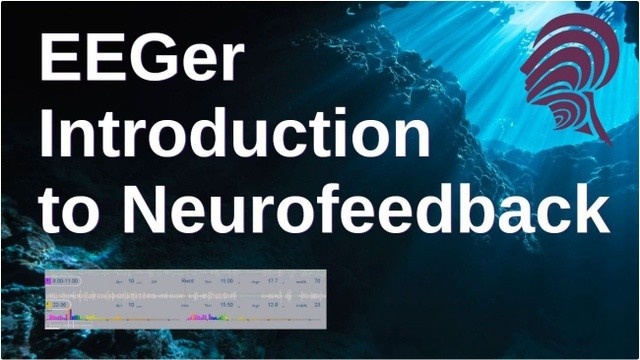
EEGer Introduction to Neurofeedback
This is our complete introductory package, including 6 sessions of live instruction & mentoring, EEGer's acclaimed tech support, a trial of the EEGer system, and 36 hours of BCIA-accredited didactic lectures - everything you need to get started in clinical neurofeedback.
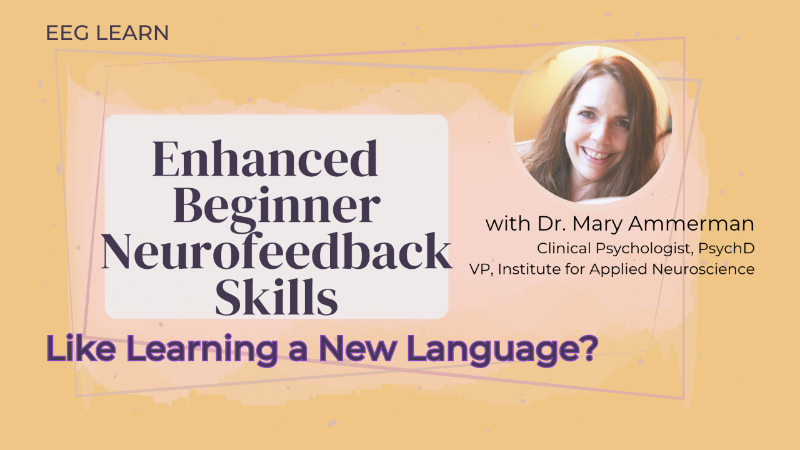
Enhanced Beginner Skills
Whether new to neurofeedback, or you want a refresher, this 8-session weekly webinar series will strengthen your understanding of the neurofeedback process, from assessment and first client discussions, to setting protocols, learning to master the EEG, and effective coaching strategies. Each lecture -- about an hour in length -- will be followed by a live Q&A. Students seeking CE credit will need to sign in to watch the lecture and participate in the live Q&A.

EEGer Technical Course
In this practical 6-session series, participants will learn to fully use the functionality, versatility, and configurability of the acclaimed EEGer neurofeedback software. Through a step-by-step unpacking of the technical aspects, buttons, settings, and daily utility of EEGer, participants will finish the course with an understanding of how to take advantage of all of EEGer's capabilities.
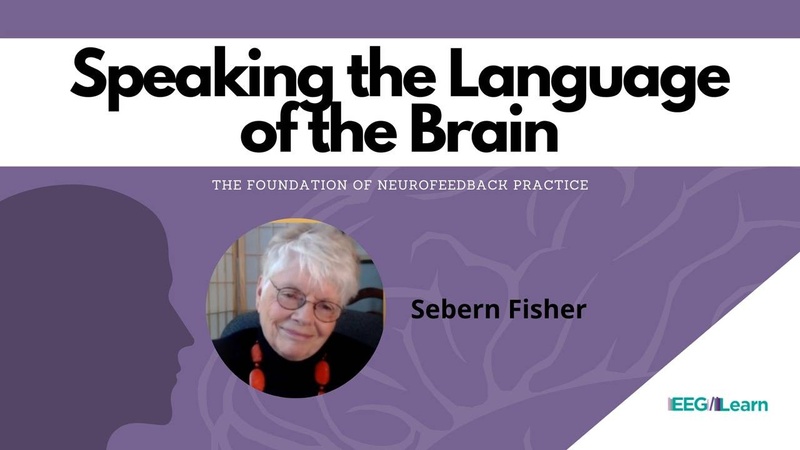
Speaking the Language of the Brain
This single session course will begin with a presentation and then open up for discussion. Participants will explore developmental trauma through the domain of frequency, and it will be relevant to anyone currently doing neurofeedback, to those considering it, and to people working or dealing with the aftermath of developmental trauma. Eligible attendees may also apply for CE credit upon purchase of the course.
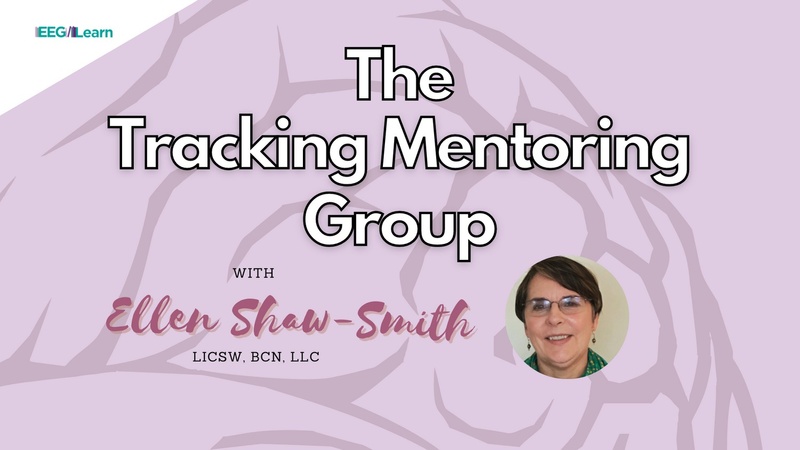
Tracking Mentoring Group
Some of you will recognize this as a continuation of the ongoing conversation on demystifying the body’s response to neurofeedback training. Ellen Shaw-Smith introduced her approach to this critical topic in a two-part series, Tracking Neurofeedback Training Effects and Outcomes, in February and March of this year.
This mentoring group was born of multiple requests from attendees of that series for an even more in-depth discussion and case-study consultation.
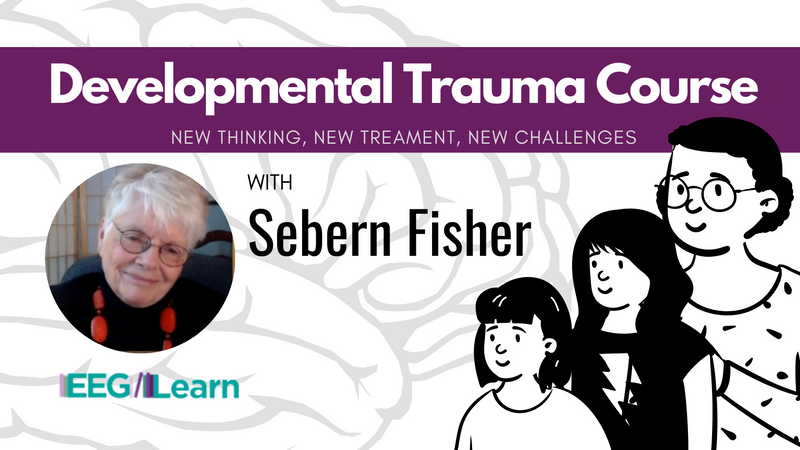
Developmental Trauma Course
In this 8-session recorded webinar series, you will explore an integrated therapeutic approach using trauma-informed psychotherapy, neurofeedback, and trauma-informed body work to deeply address the terrible aftermath of developmental trauma. Although neurofeedback practitioners will benefit from Sebern’s experience in this modality, practicing neurofeedback is not a pre-requisite.
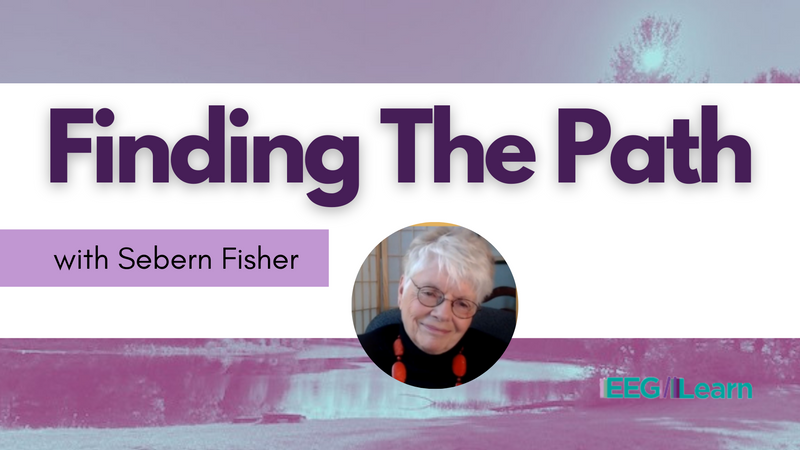
Finding The Path
These mentoring sessions use a comfortable discussion format, where participants share questions and ideas about their cases. As you know if you've joined us before, these sessions provide an insightful exploration into the contours of therapy and protocol selection especially relevant to clinicians working with developmental trauma.
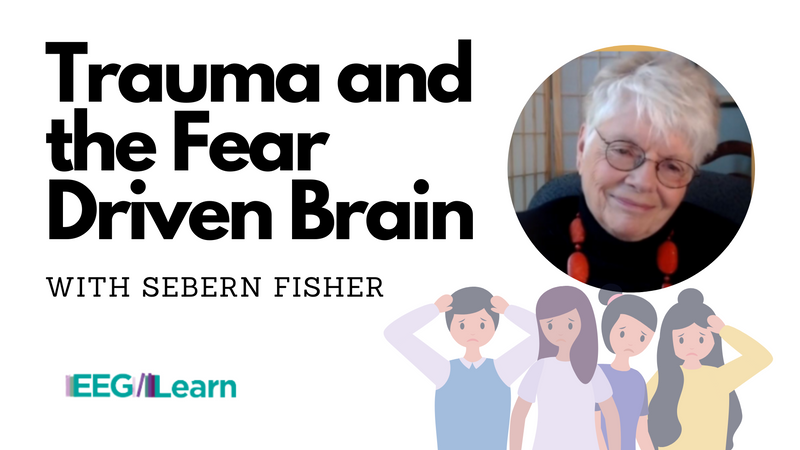
Trauma and the Fear Driven Brain
How neurofeedback and therapy can transform terror into calm in survivors of developmental trauma. In this six-hour recorded webinar, foremost global trauma therapist, author, speaker, and mentor Sebern Fisher teaches how -- by integrating neurofeedback and psychotherapy -- to calm the fear-driven brain in the treatment of developmental trauma.
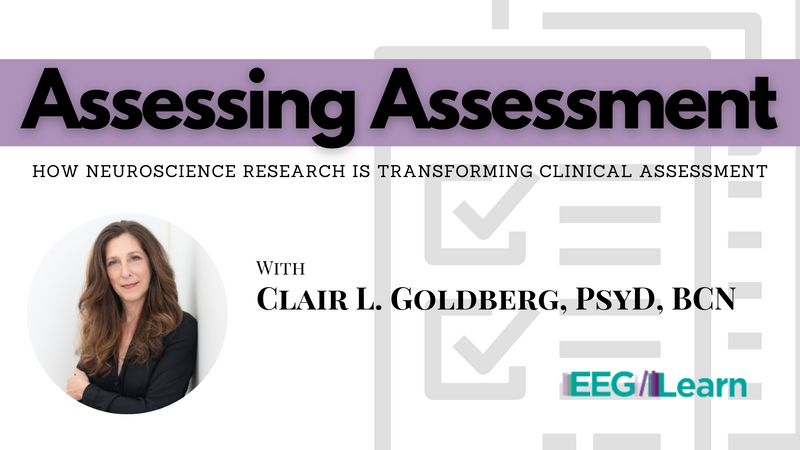
Assessing Assessment
How neuroscience research is transforming clinical assessment.
Join psychologist and trauma expert Clair L. Goldberg, PsyD, BCN, and learn how to reconceptualize your assessment strategies. Dr Goldberg integrates the findings of current neurophysiology research and attachment and affect regulation theory to better evaluate her clients’ needs and will share with you ways to enhance your assessment skills. With a more sophisticated way of assessing patients, by integrating brain research and observing patients nervous system arousal levels, you will be in a stronger position to understand and treat your clients.
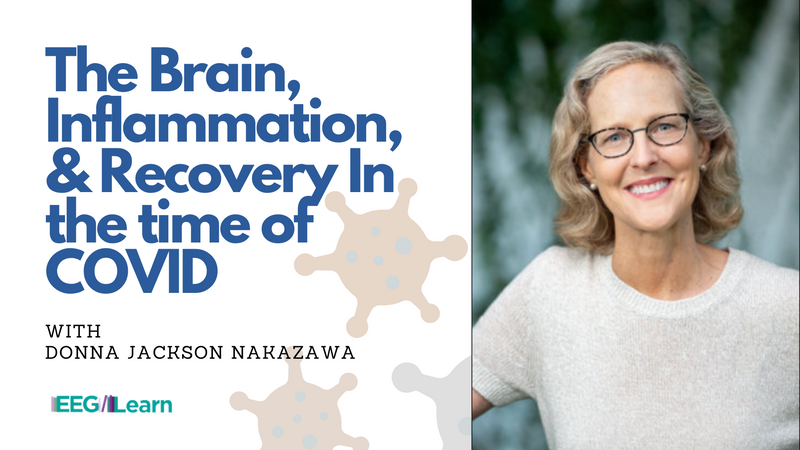
The Brain, Inflammation, & Recovery In the time of COVID
In this series, individuals will learn how early trauma sets the stage for brain health in adulthood, how chronic stressors in adult life exacerbate these potential ill effects, and the latest scientific understanding on the biophysical link between trauma, inflammation, and mental health. This series will also explore the potential effects of COVID itself on brain health. We will discuss how these factors, taken together, create a perfect storm for rising rates of anxiety, depression, OCD, agoraphobia, and other mental health concerns and why understanding this science is crucial to intervening and treating mental health concerns in clients and patients.
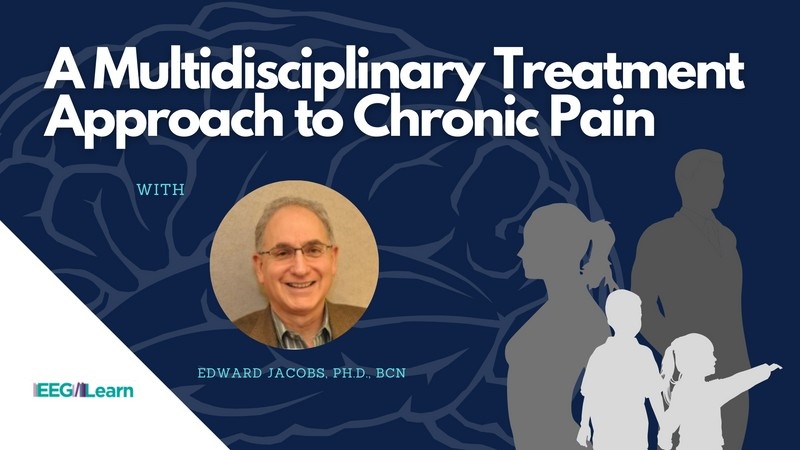
A Multidisciplinary Treatment Approach to Chronic Pain
Integrating Neurofeedback, Cognitive-Behavior Therapy and Family Systems Approaches in Applying Research to Practice
We will explore how to integrate neurofeedback into a comprehensive treatment process that treats chronic pain as the biological-psychological-social phenomenon that it is. We will be looking at what the research tells us about neurofeedback practice, the biology of chronic pain, the variety of chronic pain conditions and the variety of ways of understanding pain and the patient in pain, systems thinking about pain, the therapeutic relationship, cognitive-behavior therapy, and assessing and tracking pain.
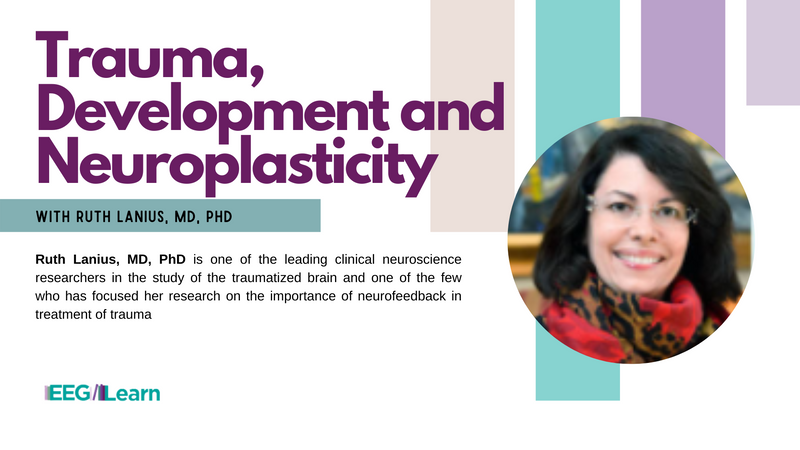
Trauma, Development, and Neuroplasticity
This six-part webinar will explore critical brain systems that are affected frequently by trauma and how altered functioning of each brain system can be associated with certain trauma-related symptoms. The effects of a variety of present- and past centered therapies, including mindfulness training, body-oriented approaches, neurofeedback, heart rate variability training, brain stimulation, EMDR, CBT/prolonged exposure, will be then be discussed to illustrate how trauma treatment can lead to the restoration of critical brain networks and contribute to the healing from traumatic stress.
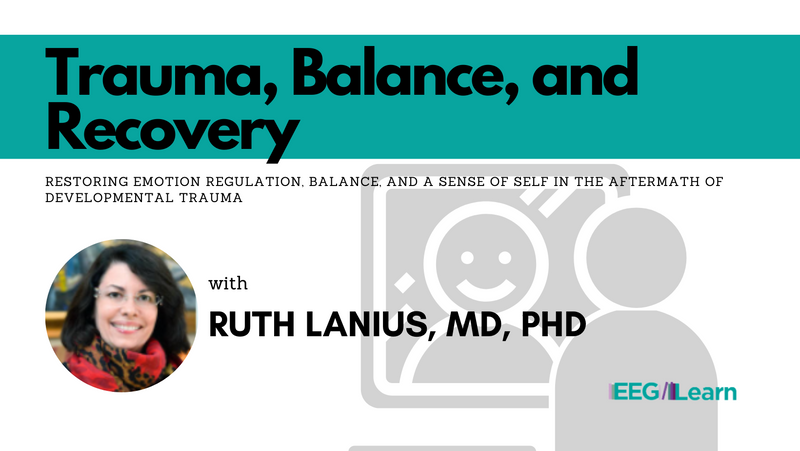
Trauma, Balance and Recovery
With acclaimed author, researcher, and teacher, Dr. Ruth Lanius, explore new emerging Neuroscientific research to learn effective treatment approaches for developmental trauma. Looking particularly at research and clinical practice with the vestibular /balance and cerebellar systems, new evidence suggests and supports the evidence base for brain-training and other bottom-up therapeutic modalities.
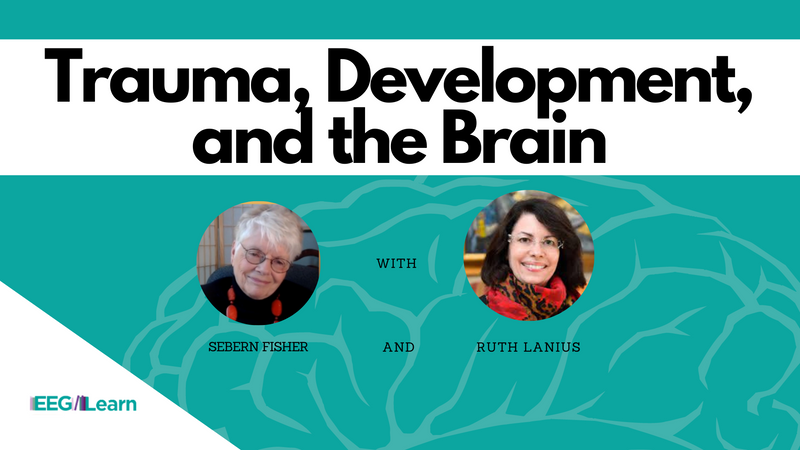
Trauma, Development, and the Brain
In this third conversation (earlier recordings are available), this one about implicit memory and the unconscious, Ruth Lanius and Sebern Fisher continue to explore therapy and trauma.
In particular, research carried out by Dr. Ruth Lanius and her group has focused on the way traumatic images trigger the brains of traumatized people. Images are presented for a few milliseconds only and cannot be consciously perceived. However, the brain registers and response.
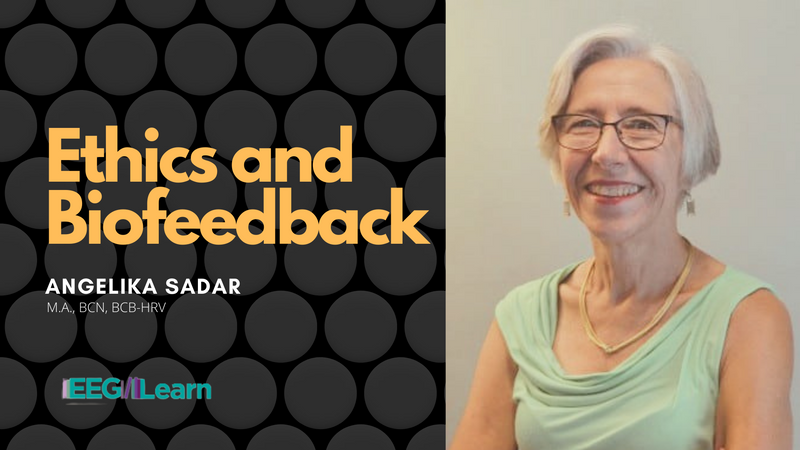
Ethics and Biofeedback
Whether you have taken a biofeedback course, obtained BCIA certification, or are just starting out, this 3 part series will explore the ethical challenges of therapeutic work in biofeedback.
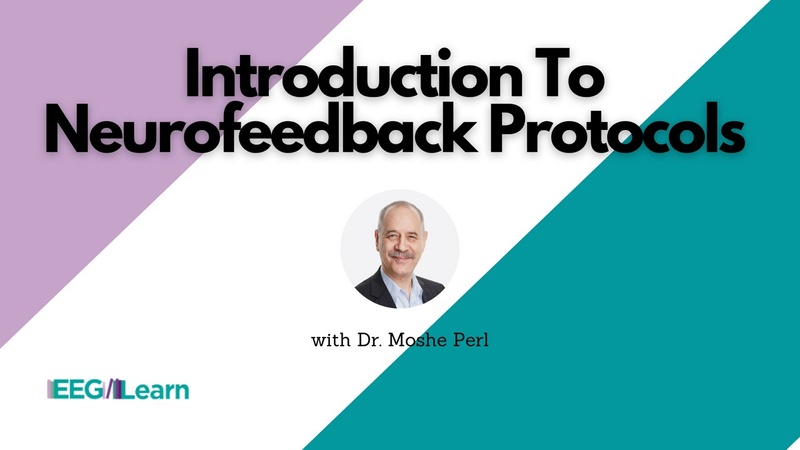
Introduction To Neurofeedback Protocols
This webinar course will give new and experienced practitioners a structure to help them arrive at the most appropriate neurofeedback protocols for the wide variety of issues and presentations we see in our clients.
We do this by first looking at our client’s presenting issues and seeing how they cluster within one or more areas of concern, each with its own set of neurofeedback protocols.
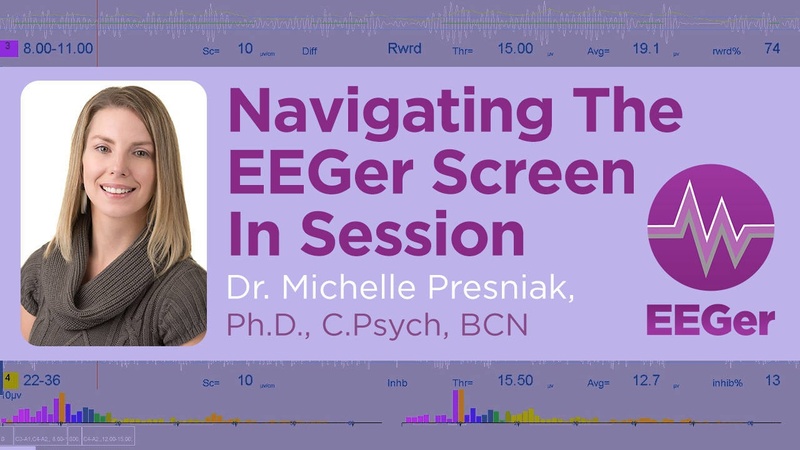
Navigating The EEGer Screen In Session
If there are parts of the EEGer neurofeedback screen that you do not quite understand, this one-hour course is for you. Becoming a skilled neurofeedback clinician, it can feel like there is a mountain of knowledge and data to understand. In this one 60-minute session, Dr. Presniak does a deep dive into the EEGer therapist wave screen, and explains the basic EEGer functionality, as well as how what you are seeing in the EEG data may relate to your client symptoms.

